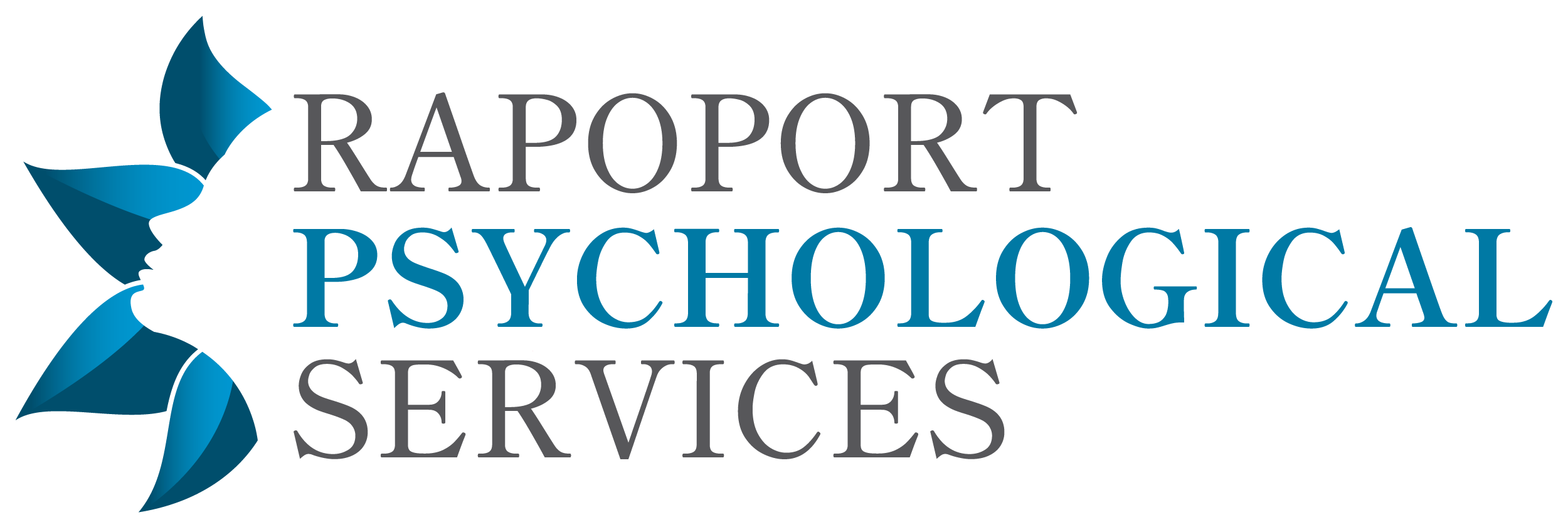Adopting a Self-Care Routine to Improve Mental Health
Mental health includes emotional, psychological, and social well-being.
The status of our mental health affects how we think, feel and act. It also affects the choices we make and how we relate to others. Our mental health is just as important as our physical health, and taking care of our mental health involves plenty of physical self-care and emotional self-care.
Self-care is a concept that has gained a lot of attention in the past few years, and for good reason.
Self-care, in its most basic form, means taking care of yourself in a way that supports your physical, mental, and emotional health. Self-care plays a very important role in maintaining your mental health and well-being, and if you suffer from anxiety, depression, or PTSD, self-care can help in your treatment and recovery.
Self-care starts with knowing yourself. Practicing self-awareness can help you recognize patterns in your emotions, including situations that can trigger you and worsen your symptoms of anxiety or depression. This can also reveal what type of self-care is best for you, as it can vary greatly from person to person. Here are 5 tips on how to practice self-care.
Reflect on Activities You Enjoy
While asking friends and family what self-care activities they enjoy can give you some ideas, it’s important to look inward. Ask yourself what activities you enjoy that afterward make you feel rested, relaxed, and energized. Do you enjoy spending time in nature and wish you could get out for walks more often? This will help you in determining how to practice self-care activities.
On the other hand, you can also ask yourself what activities make you feel depleted or anxious. Do you find yourself saying “yes” to every social activity because you fear missing out, only to find yourself feeling burned out the majority of the time? These would not be good for your mental self-care or emotional self-care.
Make A “Self-Care” List You Can Refer To
Once you have an idea of self-care activities, you feel you could benefit from, make a list! If you crave slowing down and comfort, your list of self-care tips to yourself may look something like this:
Practice a 5-minute morning meditation twice a week
Take a relaxing bubble bath every Sunday evening
Instead of scrolling through social media every night, listen to calming music while painting or working on a puzzle
Start Setting Small Goals
Once you determine which activities will bring you some relaxation and meaning, set small goals that could easily be accomplished as part of your daily routine. If you want to start a yoga practice, make it a goal to sign up for a class once a week. If your goal is to practice saying mindfulness regarding your need to say “yes”, make it a goal to respond with “let me think about that & I’ll get back to you,” before automatically responding “yes” for your own mental self-care.
Learn to Recognize Signs of Burn-Out & Stress
Self-care helps us to manage our well-being and mental health, and it’s important to make self-care activities part of your daily routine to help manage stress. We all experience stress in our jobs and our personal lives. However, there are times when stress becomes overwhelming and can create some mental health challenges. During these times, it’s important to seek out extra support. Some symptoms to look out for include:
Low energy or fatigue
Difficulty concentrating
Changes in appetite
Changes in sleep patterns
Feeling isolated, not wanting to leave the house and be with others
Feelings of guilt, sadness, hopelessness, or worry
Thoughts of suicide and self-harm
Excessive drinking, substance abuse, or smoking
Seek Help with Self-Care
While the idea of creating a self-care plan seems simple, for some, it can be a daunting task. If you have underlying trauma or are struggling with anxiety and depression, it’s not always easy to take care of yourself. This is why it’s so important to seek support if you feel you are struggling. Self-care should never feel overwhelming; it should leave you feeling relaxed, refreshed, and rejuvenated. Working with a trusted therapist who specializes in mental self-care can help you create a routine that helps you balance your lifestyle and find meaning in your life.
Begin Working with An Anxiety Therapist in New York, NY
Incorporating a new routine can take time and support to maintain over a longer period of time. Our team knows the stress you may experience, and we would be honored to provide support from our New York, NY-based practice. You can start your therapy journey by following these simple steps:
Meet with an in-person or online therapist!
Start improving your mental health and self-care practices, whether this is emotional or physical self-care!
Other Services Offered with Rapoport Psychological Services
We understand there are a number of mental health concerns you may face in addition to anxiety. This is why our team of caring therapists is happy to offer a variety of services in addition to life transition counseling to support you. We are happy to offer a variety of mental health services, including PTSD treatment and trauma therapy, testing services for ADHD, professional development, online therapy for moms, and group therapy. Lastly, we offer workshops on women’s empowerment, grief, mindfulness, and stress management. Feel free to learn more by visiting our blog today!



